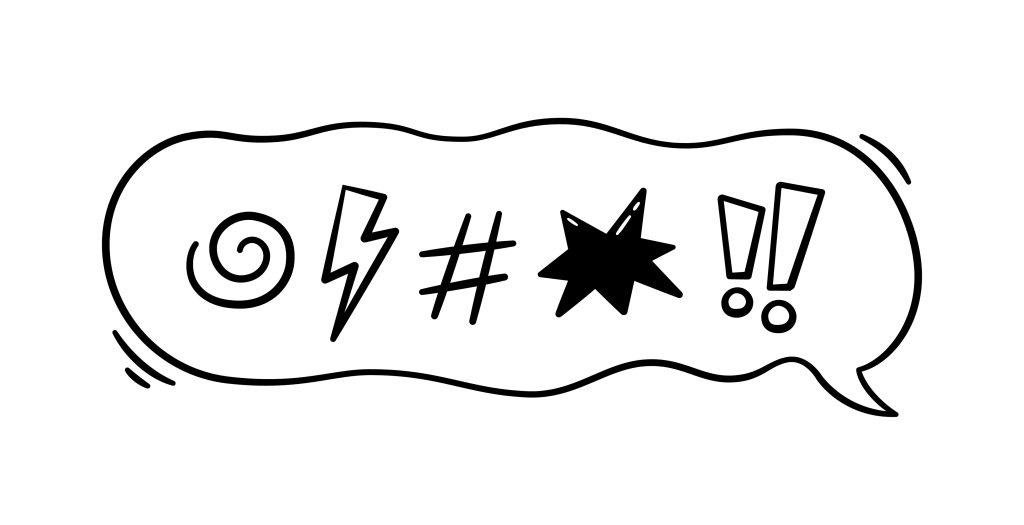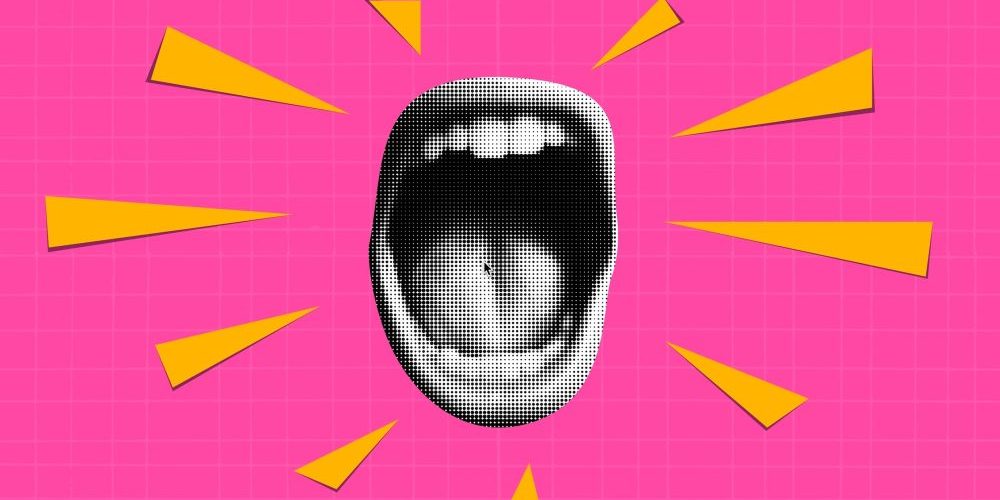Today marks 12 months since I raised my voice at the kids. I intended to achieve a year without raising my voice from January 1 2024, but I must have forgotten about this pledge in the heat of a moment.
I made a journal entry on February 2, 2024, that reads:
After resetting on 2 January 2024, here we are today, 12 months later after a yelling-free year.
I have never been a big yeller, but as a parent, I still did my fair share of yelling when my fuse burnt out. I used to think that raising my voice was the only way to get my children to listen. When things got chaotic—when wet towels were left on the floor for the tenth time in a week, when Noah and Evie’s sibling friction escalated to physical contact or when they failed to follow any instruction —I resorted to yelling. I convinced myself that it was necessary and a legitimate form of discipline.
But deep down, I saw the effects, especially with Evie. The way her little shoulders tensed, the way her big brown eyes filled with hurt, the way she shrank away from me, even when I just wanted to hug them afterward. I embarked on some education and did a bunch of reading to identify if there was any merit in yelling at my kids. After finding near zero benefit from yelling, I knew something had to change.
So, I stopped. It wasn’t easy. The first months weeks were filled with moments where I had to bite my tongue, take deep breaths, and remind myself that my goal wasn’t to control them but to connect with them. But slowly, something beautiful happened. They started listening more. The irony was astounding. I had always believed yelling was a way to make them listen, but the more I spoke calmly, the more they paid attention. Without the fear and defensiveness that yelling created, they were more open to my words. Instead of tuning me out or reacting angrily, they responded thoughtfully and engaged in the more frictional conversations that needed to be had.
I never wanted my children to be afraid of me, and for the most part, they weren’t, but I realised when I blew a gasket that Evie had some fear. When I yelled, the kids avoided me, afraid of my reaction. When I stopped, they started coming to me more—sharing their thoughts and worries. It improved the closeness that I was always trying to develop. The most significant change I saw was in Noah, which happened in less than three months, when he almost immediately stopped yelling at Evie. Before my cease-fire, when Noah got frustrated or had an argument with his little sister, he would yell at her. He has completely stopped.
Children mirror what they see. When I yelled, they yelled at each other. When I lost my temper, they lost theirs. But as I became calmer, I noticed them doing the same. They started resolving their arguments with words instead of shouting. They even take a breath at times of frustration. The home has became more peaceful, not because there are no disagreements, but because we are handling them differently.
The most significant change wasn’t just in them—it was in us. I felt more connected to them. Activities like rushing out the door when we are late or an everyday routine that had fallen way behind schedule have become less of a struggle and more of a time for calmness under pressure. Affection has increased. Don’t get me wrong; I still get frustrated. I still have moments when I want to tear their little limbs out of their sockets. But now, I remind myself of the changes I’ve seen, the laughter that has replaced the fear, and the warmth that has replaced the distance. Stopping the yelling didn’t just change them—it changed me, too. And I wouldn’t go back for anything. This process has been another amazing ingredient in me being a better person and a better dad.

Parents yell for many reasons, but at the core of it is often a feeling of being overwhelmed, frustrated, or even helpless. Parenting is an emotional journey filled with endless responsibilities, unexpected challenges, and moments of exhaustion. When children refuse to listen, argue, or push boundaries, it can trigger an emotional reaction that feels impossible to control. Yelling often comes from wanting immediate compliance—it’s a desperate attempt to restore order in the chaos.
In the moment, raising our voices may feel like the only way to get our little ratbags attention. Yelling seems like a shortcut to obedience. And to some extent, it may even feel like it works—children may stop misbehaving in the moment, look startled, and do what they’re told. But this kind of obedience is short-lived and fear-driven. It doesn’t teach them why their behaviour needs to change; it only teaches them to avoid making us angry.
Instead of learning valuable lessons about respect, self-discipline, and cooperation, children who are frequently yelled at may develop resentment, fear, perhaps defiance or even worse. Many studies will say that children can develop behavioural problems, low self-esteem and even depression. Over time, they will most likely stop listening altogether, tuning out the yelling as background noise. Or, they might internalise it, believing they are bad, naughty or unworthy of kindness. Neither outcome is what any parent truly wants.
Yelling is also a cycle—one that can be hard to break. When parents yell, children respond with more resistance or an emotional shutdown. This leads to even more frustration, causing parents to scream again. Before long, it becomes the default reaction to misbehaviour rather than an occasional outburst in moments of stress.
In reality, yelling doesn’t solve the deeper issue—it doesn’t teach children how to regulate their emotions, make better choices, or develop respect for others. It momentarily silences them but at the cost of connection, trust, and long-term behavioural change. Instead of fostering understanding, it builds walls.
Breaking the habit of yelling requires conscious effort, patience, and alternative strategies. When we replace yelling with calm, firm communication, our children learn better behaviour and develop emotional intelligence, confidence, and a sense of security in their relationship with us. It’s a shift that takes time, but the rewards—a stronger bond, a more peaceful home, and children who genuinely understand and respect boundaries—are well worth it.
The handful of articles I found that supported yelling must have been title tag clickbait, as they possessed enough caveats that the articles supported keeping the vocal decibels down and not up.
“Between stimulus and response there is a space. In that space is our power to choose our response. In our response lies our growth and our freedom.”
Viktor E. Frankl
Instead of yelling, get in the habit (it does take a while for this habit to form) of taking a deep breath and pausing before reacting. This helps regulate your own emotions so you can respond (not react) thoughtfully rather than impulsively. Step away for a few seconds to collect yourself before addressing the situation. Getting down to your child’s level by kneeling or sitting can also make a big difference. This non-threatening posture helps them feel heard and respected, making them more likely to listen.
Patience; get good at it. Remember to be patient and give yourself grace. Parenting is tough, and no one is perfect. If you do slip and raise your voice, acknowledge it and apologise. Saying, “I’m sorry I yelled. I was feeling frustrated, but I should have spoken to you calmly,” this teaches your child accountability and emotional awareness. By replacing yelling with these strategies, you create a home environment where discipline is based on understanding and respect rather than fear. Over time, this leads to better communication, stronger relationships, and children who genuinely want to do the right thing.
With 12 months and counting, ending my yelling has ended the kids’ yelling, and the results have done wonders in our home for more calmness, love and peace. What more could you want?
What is your opinion on screaming at the kids?



